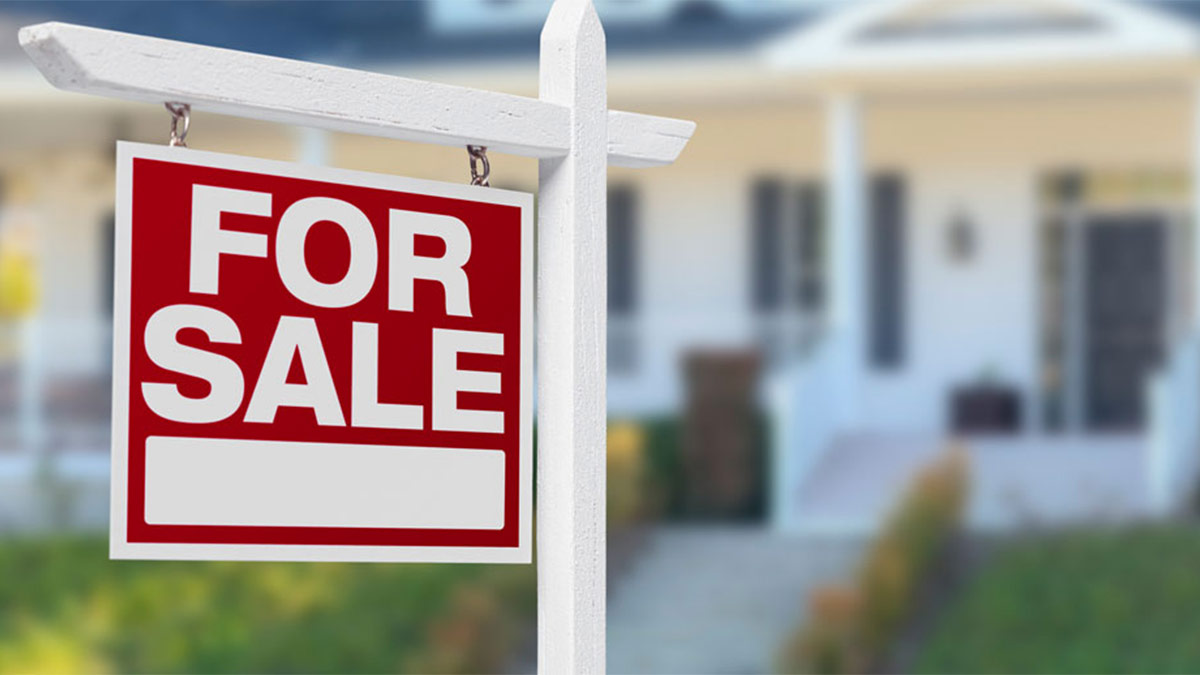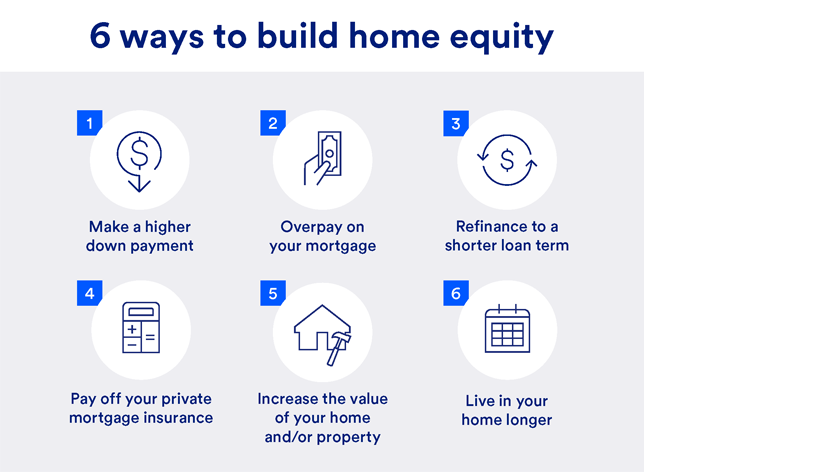How can you use your home’s equity?
Once you’ve had a chance to build home equity, you can access that money to fund other areas of your life. It can be used for home renovations, paying off high-interest credit cards, a child’s wedding or college education, starting a business, a new car or even a dream vacation. There are three main ways to tap into this equity:
- Home equity loan. Also known as a second mortgage, a home equity loan allows you to borrow money against your home equity, typically up to 80% of your equity. Fixed-interest rates on these loans—which have a specified term length—tend to be lower than other loans because your home is used as collateral.
- Home equity line of credit (HELOC). With a HELOC, you’re extended a line of credit—again, usually up to 80% of your equity—to use on an as-needed basis for a set number of years, known as a draw period. During this time, you only pay interest on the money you borrow, but when the draw period is up, you must repay the principal balance and interest.
- Cash-out refinance. In a cash-out refinance, you take out a new loan on your house for a larger amount than you currently owe (but no more than 80% of your equity). The new loan is used to pay off the initial mortgage, and you get to keep the difference in cash to pay for other life expenses at your discretion.
Though using your home’s equity is the safest way to borrow over other loans or lines of credit, there are pros and cons to each of these strategies, so it’s important to talk through your options with a financial professional.
Building home equity over time
Mortgage interest rates, home values and home equity are all intertwined. When interest rates are high, it’s harder for people to afford homes, so home prices usually drop. On the flip side, when interest rates are low, home prices increase, because there is more demand in the housing market.
What does this mean for building equity? For existing homeowners, equity can fluctuate based on your home’s value. You gain equity if your value goes up but lose equity if the value decreases. This typically isn’t a problem unless you plan to sell or borrow against your home equity in the near future. As stated previously, the longer you live in your home, the more equity you’ll naturally build.
While there’s no crystal ball for how the rest of the year will play out, the Federal Reserve is expected to cut interest rates in 2024 as the NAR predicts home prices will continue to increase—welcome news for building equity in your home.
Learn how our team-based planning approach can help you review financial opportunities from all perspectives.




